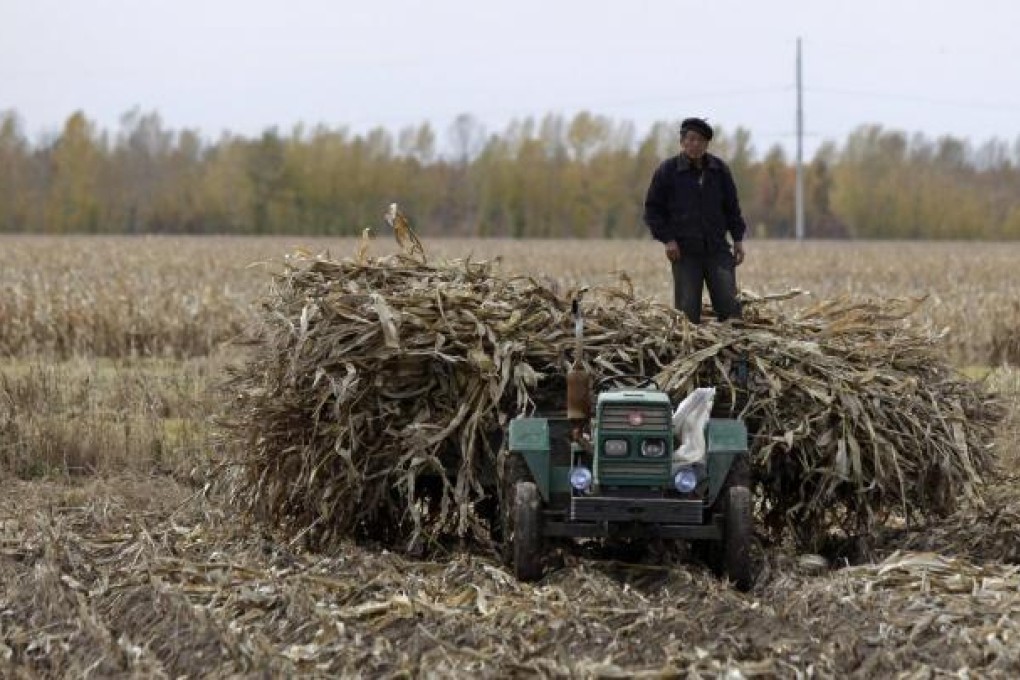Reaping a mainland fuel harvest
Projects to convert agricultural waste into ethanol are at an early stage on the mainland, but could provide new sources of this clean energy

Novozymes, the world's largest industrial enzyme maker, is in discussions to supply enzymes to projects on the mainland which use agricultural waste to produce ethanol, a clean-burning fuel that can be a substitute for petrol.
The projects are in addition to the Denmark-based firm's partnership with Cofco, the mainland's largest food processor, manufacturer and trader, and China Petroleum & Chemical (Sinopec), the mainland's largest motor fuel refiner and distributor, on a project to make ethanol from corn leaves and stalks.
The plant, to be built in Heilongjiang province, was expected to be fully operational in 2014 with a capacity to make 50,000 tonnes of ethanol annually, Michael Christiansen, Novozymes' president of China operations, told the South China Morning Post on the sidelines of the Asia Future Energy Forum.
Christiansen said it was difficult to tell the exact break-even point for biofuel projects since it depended on various factors such as feedstock, logistics and ethanol prices, but he believes a plant size bigger than 50,000 tonnes of annual output capacity is generally needed to achieve optimal profitability.
Novozymes has an exclusive agreement with Cofco and Sinopec to jointly research and commercialise technologies to turn corn leaves and stalks into ethanol. Novozymes is the technology and enzyme supplier, Cofco is the plant investor and Sinopec is the distribution partner and ethanol buyer in such projects.
The parties are free to work with other partners on ethanol projects using different feedstock, such as sorghum, forestry residue, household waste and cassava.
"Sinopec's rich crude oil refining expertise and knowledge in optimising fuel production process also play a role in the project's success," Christiansen said.